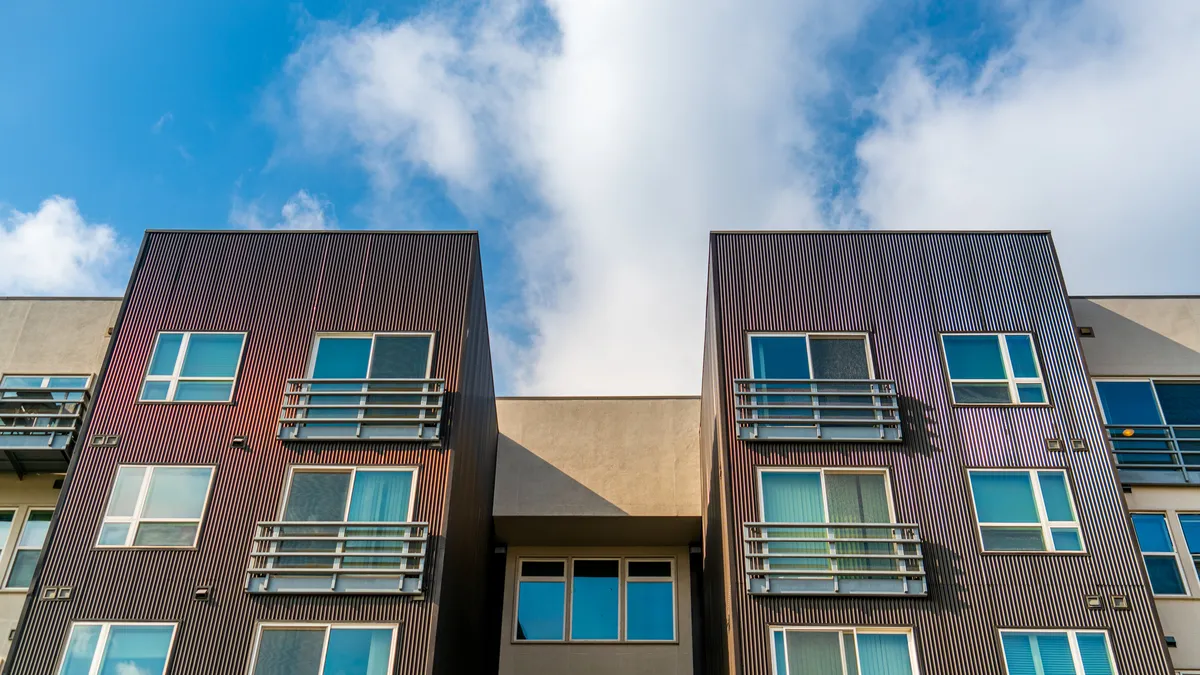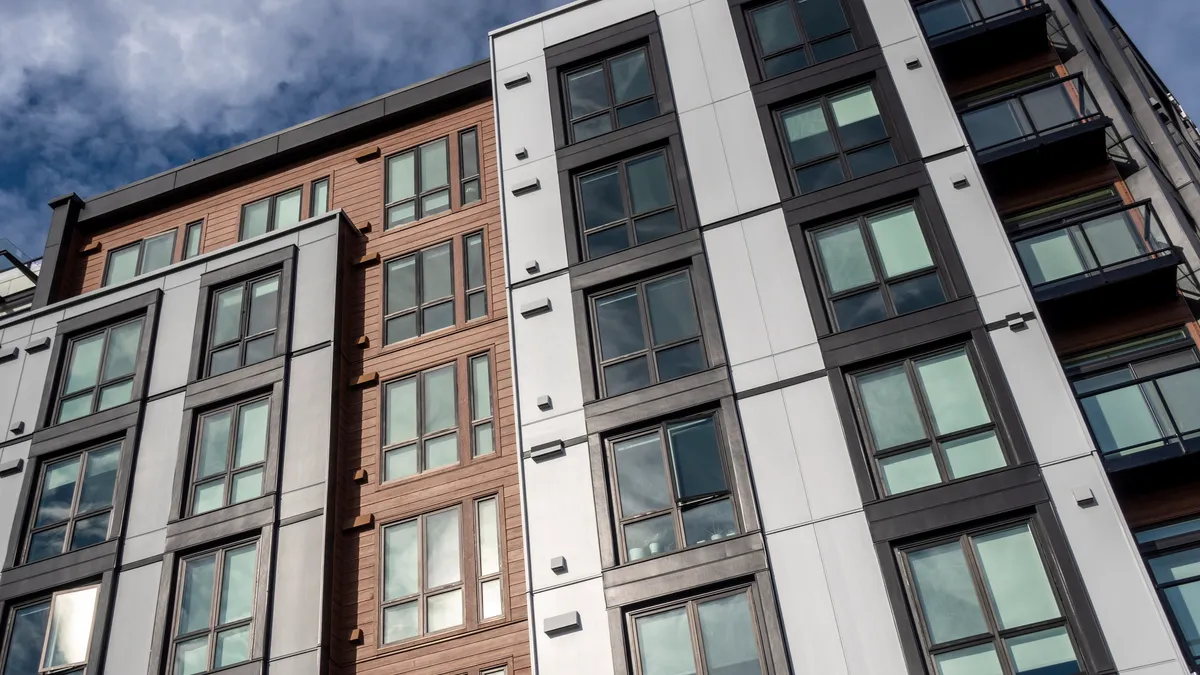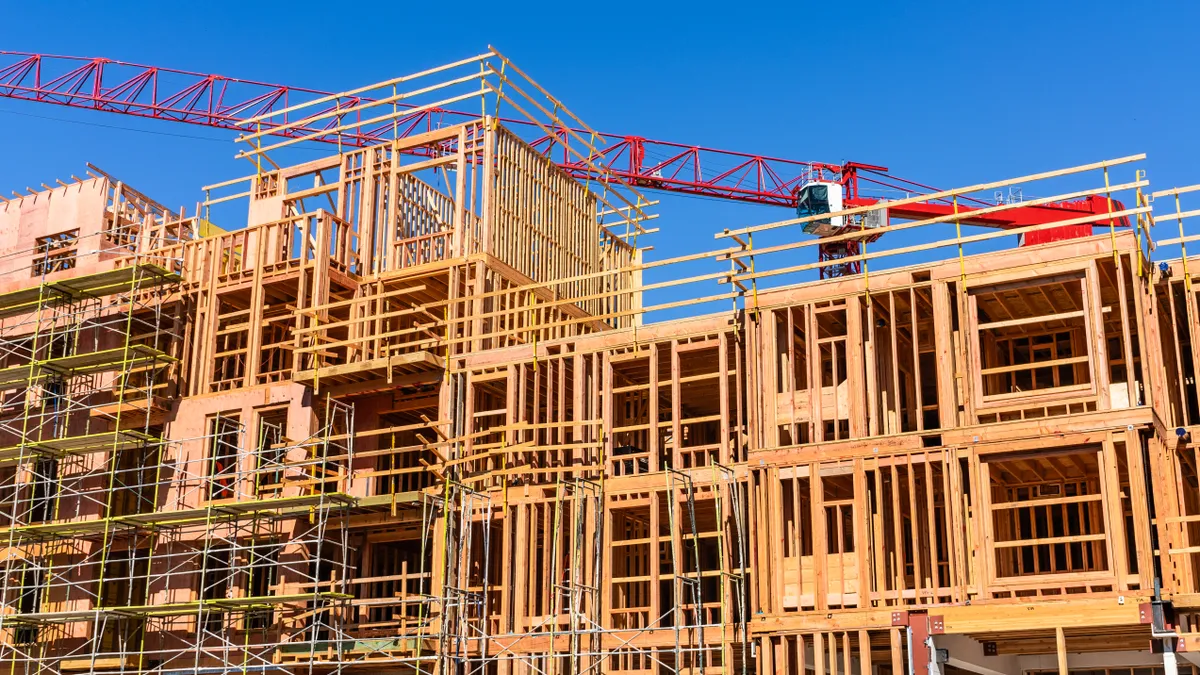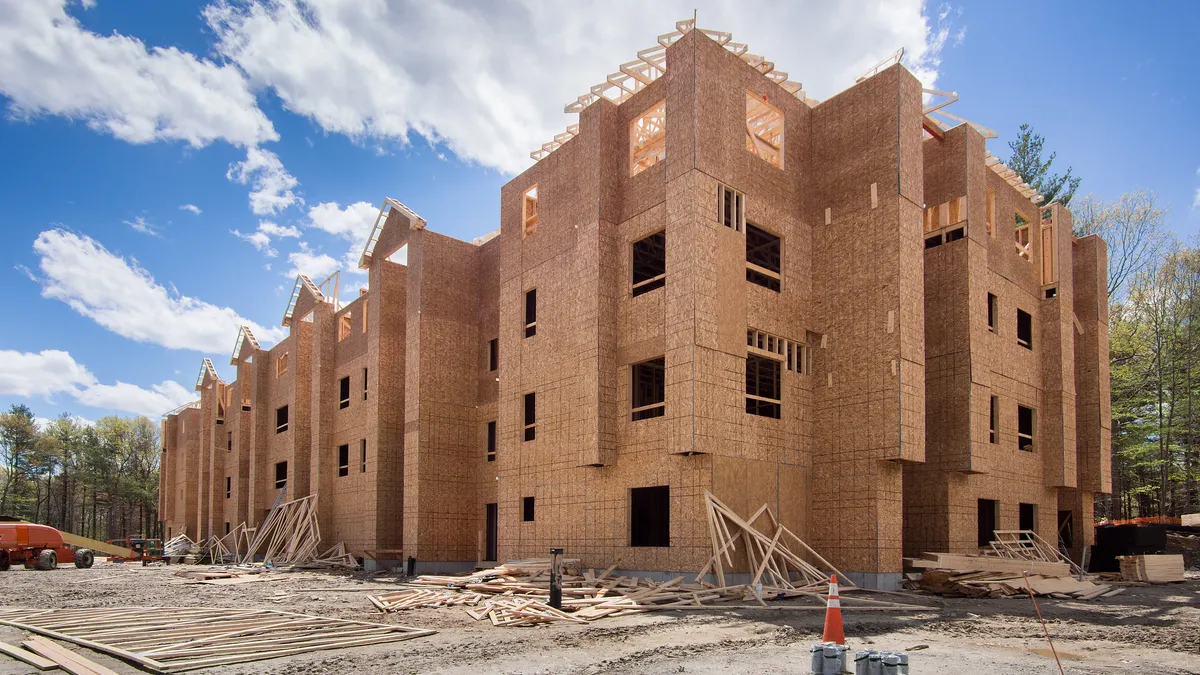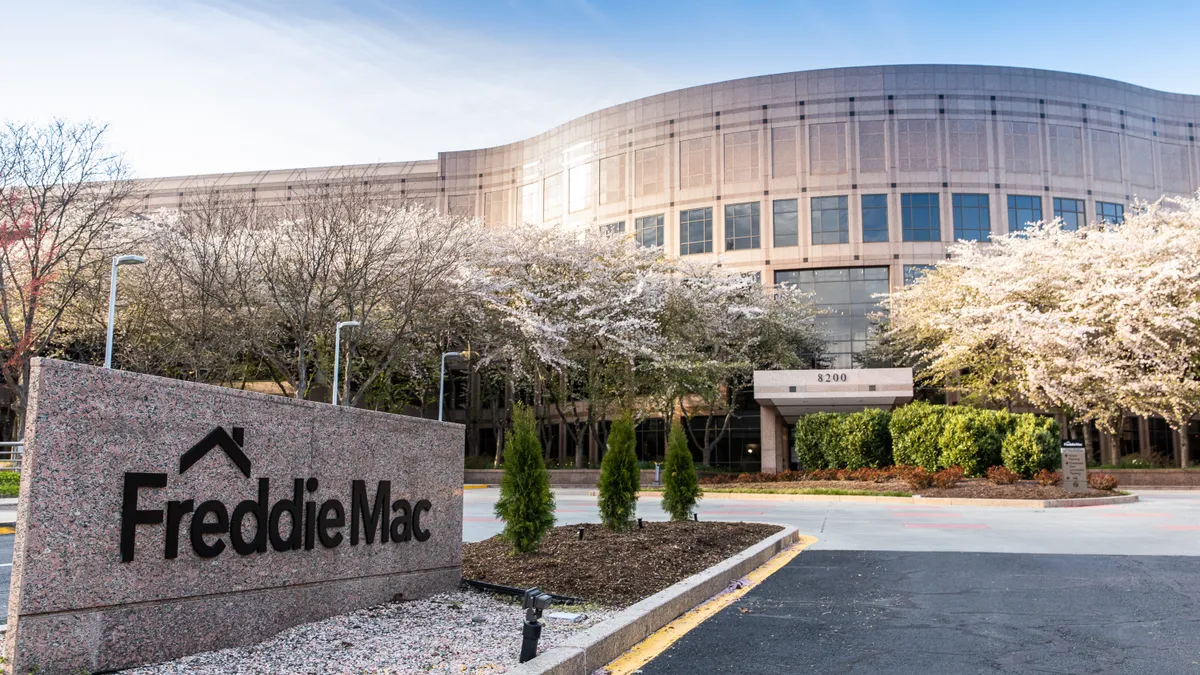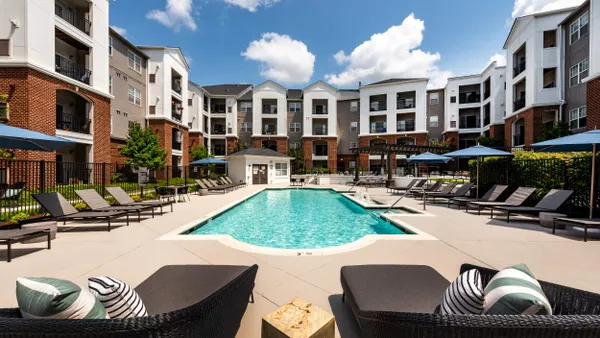JRK Holdings hasn’t been shy about buying apartments. Since its founding in 1991, the firm grew to be a regular on the National Multifamily Housing Council’s list of top owners.
But in late 2021, CEO Bobby Lee noticed something — the Los Angeles–based apartment owner was having a harder time making new acquisitions pencil out.
“We were frustrated with some of the pricing we saw in the markets towards” Lee said in late 2022.
The Federal Reserve’s interest rate hikes throughout 2022 have shifted the ground underneath apartment owners. The increases had a dual impact on both buyers and sellers, slowing the transaction market to a crawl.
But now, a small group of owners is growing more motivated to sell as they face refinancing challenges and other risks. That could open the door for investors with access to cash and more favorable financing.
JRK was one of these inventors with the dry powder to make deals at the end of last year. After being outbid for properties earlier in 2022, the company secured two assets at discounts to what they would have cost the year before.
Lee is hopeful these acquisitions are just the tip of the iceberg, with more — possibly $1 billion — coming in 2023. He isn’t alone. With $249 billion of debt maturing across the industry in 2023 and 2024, according to Cushman & Wakefield many investors expect to grab assets at the bottom of the market from motivated sellers who will have difficulty refinancing their properties.
Forced to sell?
Apartment owners that financed their properties with floating-rate debt are facing pressure to sell as the loans are coming due in the near future, Lee said.
“I certainly think anybody who has floating-rate debt, whether it's a construction loan or agency debt, they’re going to face problems,” Lee said. “Their interest rate is going from 2.5% to 3% to 6.5% or 7%.”

If property values decline, owners who bought in the past year or so could see their equity investment wiped out. Some deep-pocketed owners may be able to put in extra cash and maybe bring in partners.
“A lot of that business still does have extensions available to it,” said Dan Brendes, senior vice president and head of GSE Lending at New York City–based commercial real estate services firm Berkadia. “Some of that will bring in new capital, potentially.”
But others won’t be so lucky. “Some of it will be an opportunity for buyers to come into a distressed situation,” Brendes said.
The difficulties with refinancing loans could hit any number of property owners. Lee points to merchant builders that don’t want to chip in equity to refinance their construction loans with permanent debt.
Some of the debt fund loans that relied on significant rent growth — possibly through ambitious renovations — and were underwritten at significantly lower rates could also face issues, according to Brendes.
“It depends on when they did the deal and what kind of growth they had,” Brendes said. “But if they got into it late with fairly aggressive assumptions, that could be an opportunity for distressed buyers.”
A buyer’s market
As more owners face floating-rate debt maturities, many investors will see an opportunity to jump back into the market.
Even though JRK didn’t buy a lot of assets in 2022, the firm stayed busy. It focused on raising a $1 billion fund with a lower preferred return than its previous vehicle to “get ready for opportunities,” according to Lee. The CEO suspects that the deals he finds during 2022 won’t offer strong immediate returns.
“We felt like we are going to see better opportunities over the next three or four years,” Lee said. “We figured there will be some tightening of credit and rising interest rates, and we want to get ready for it.”

Lee isn’t alone. Joe Stampone, managing partner of investments with New York City–based owner Atlas Real Estate Partners, said the company’s focus is preparing to take advantage of “modest” distressed opportunities, which he expects to occur in the second half of 2023.
“It’s really about establishing strong capital partners and having discretionary capital at our disposal to go after opportunities aggressively when and if they do arise,” Stampone said. “We don’t expect to see massive distress, but we think there will be an opportunity to pick up high-quality properties at an attractive basis.”
REITs return
As private buyers relying on high leverage disappear from the market, the public REITs could also see an opportunity to become more active. Many of these companies have stockpiled cash and lined up revolving credit facilities to give them the capital to make acquisitions.
“I think apartment REITs could be opportunistic buyers because they have lower leverage and the ability to access capital at better terms than private players,” said Haendel St. Juste, managing director of REITs for investment bank Mizuho Securities.
After strengthening their balance sheets after the global financial crisis, the public apartment REITs are in a good position if they decide to buy. But prices have not come down enough at this point.
But if more owners face financial pressure in 2023, it may suddenly become time to buy for many investors who largely sat on the sidelines in 2022.
Click here to sign up to receive multifamily and apartment news like this article in your inbox every weekday.





